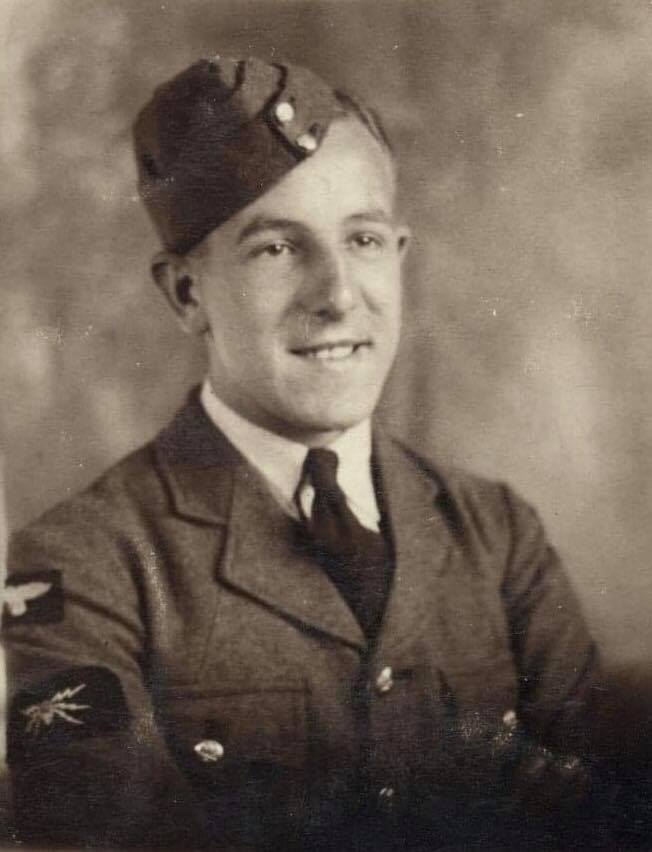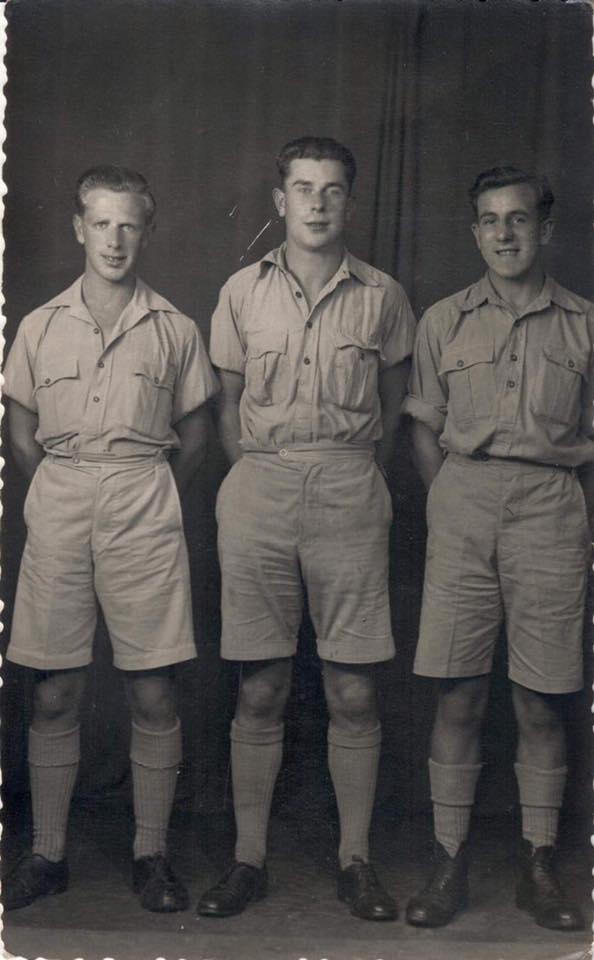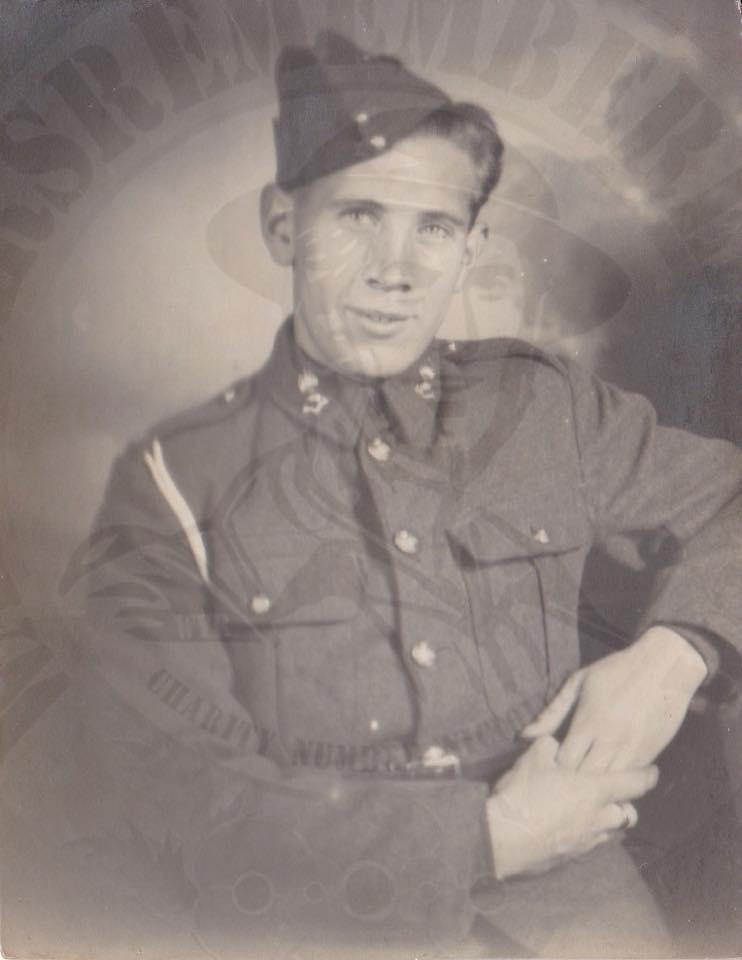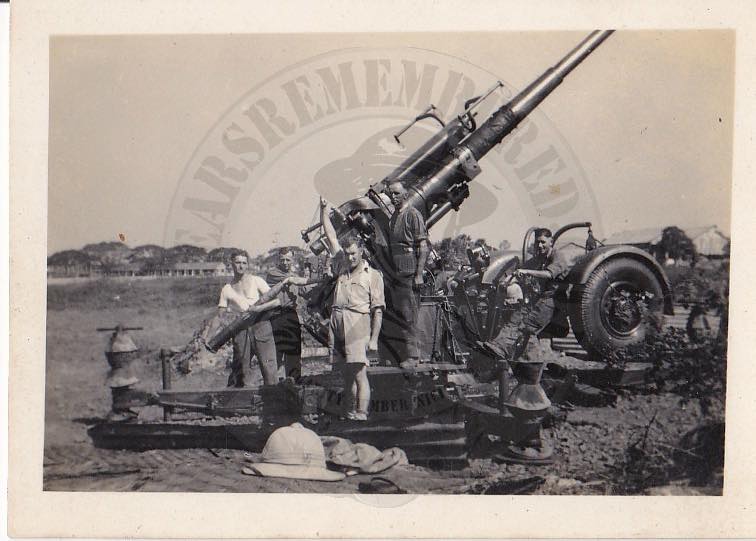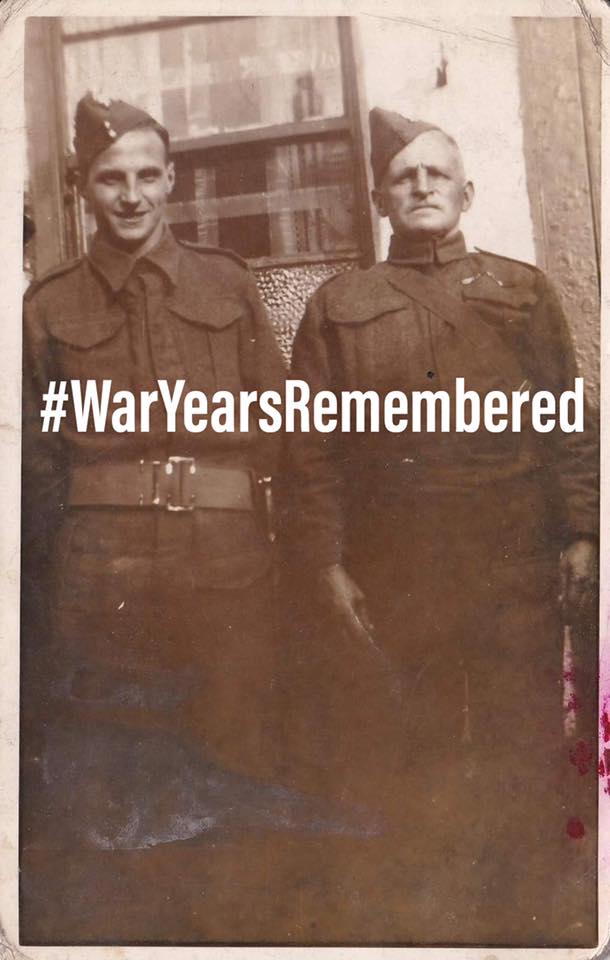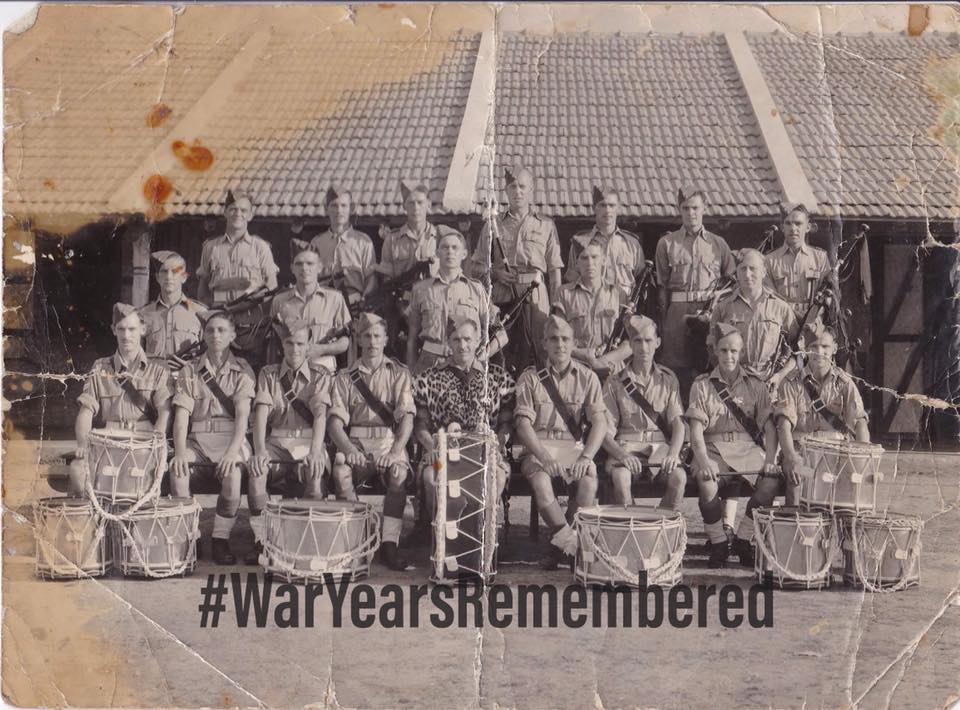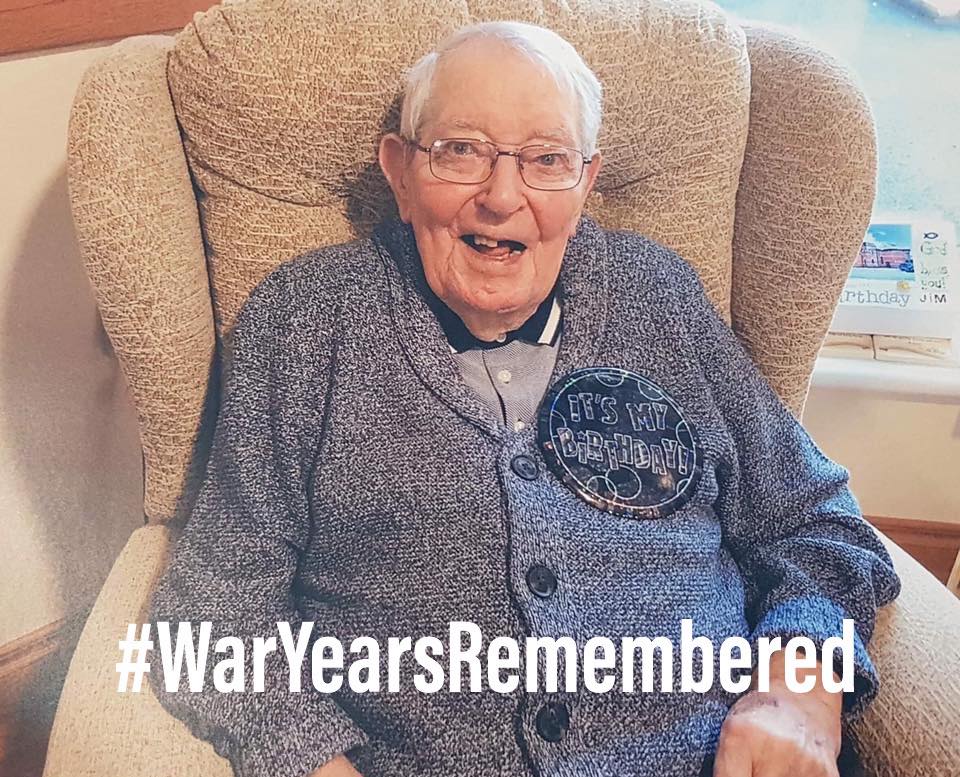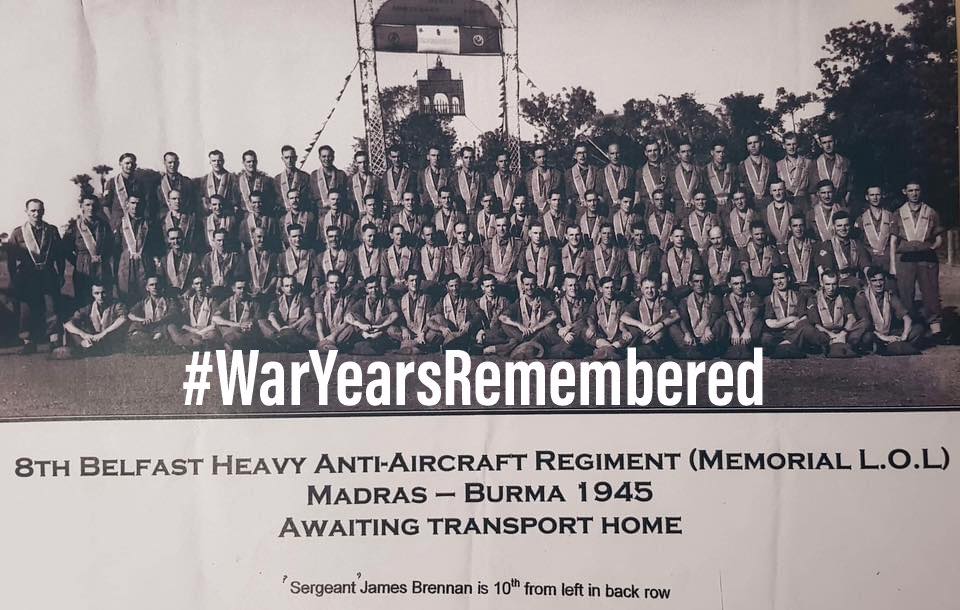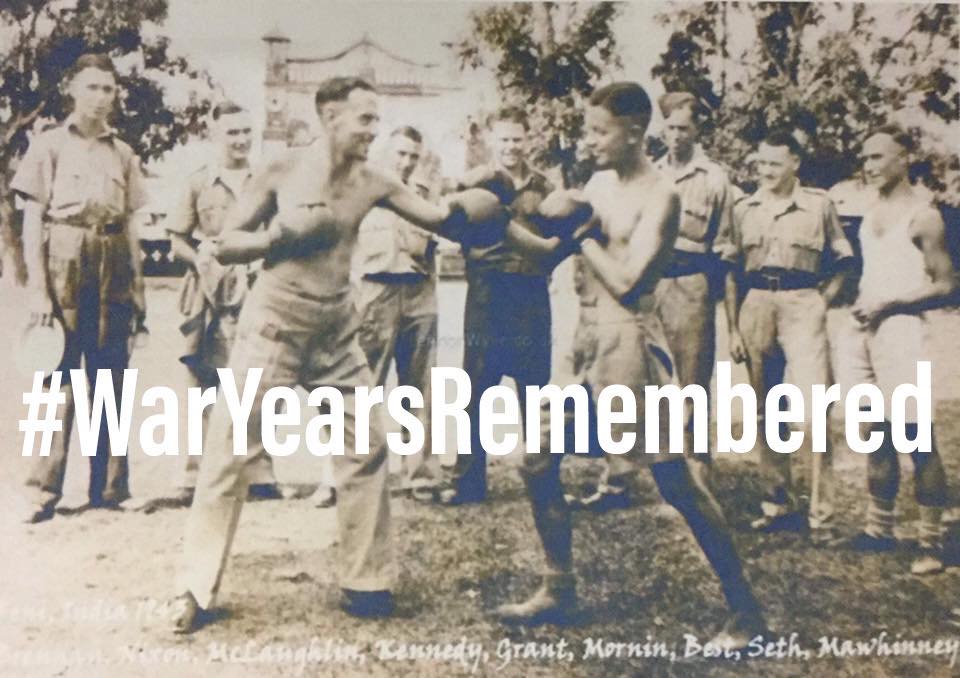Introducing Ted Ross, Royal Air Force
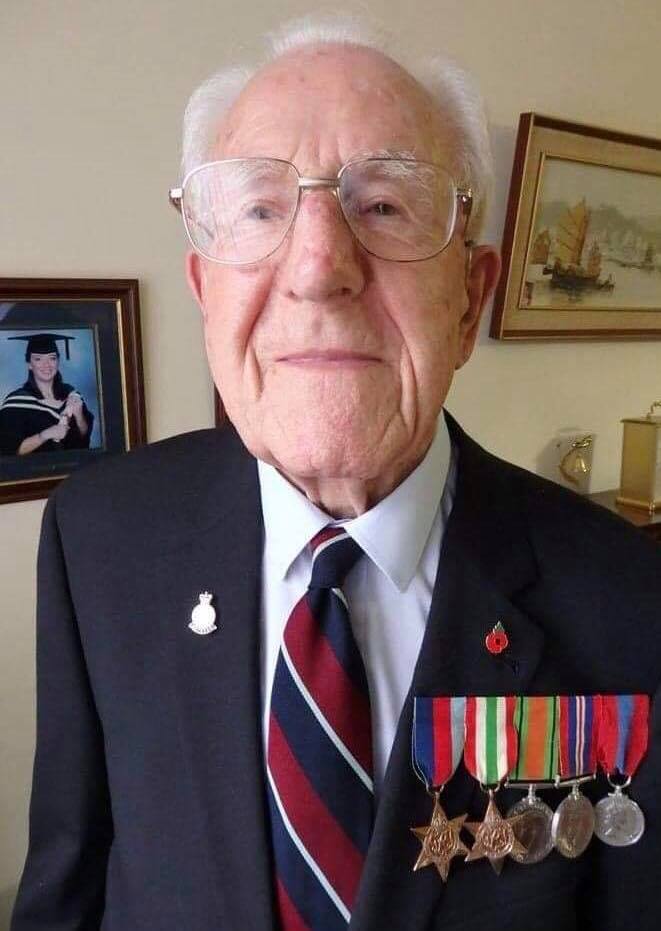
Born on 7th January 1922, Robert Edward “Ted” Ross was one of six children, five brothers (Dan, Alec, Jim, Ted and Bill) and one sister (Mary). Four of the brothers served with the RAF during the war and one was in the Navy. All were to survive the war. His mother was a widow and was left to bring her motley crew of youngsters up by herself. Ted and his siblings attended the Liverpool Blue Coat School, as Ted’s father had been a Mason. His father died of lead poisoning as he was a painter of boats and ships.
Ted had a twin, Bill (who joined the Navy and was an Able-seaman, and was sunk twice, but survived both times). Bill eventually “jumped ship” in New Zealand, where he married and remained to the end of his days.
Another brother (Alec) was already in the RAF at the start of the war and was stationed in Malta. He controlled the RADAR in Malta and was present when the Germans began to jam the British RADAR. The RAF sent a signal to London to ask what to do and were told to keep up with the RADAR. The Germans eventually gave up jamming the signal, as they thought it wasn’t working because the RAF were continuing to use the RADAR… it was working well enough but the boffins in London realised the German mentality that they would give up!
Ted was trained as an apprentice upholsterer but hated every minute of it. He had previously driven a horse and cart for a delivery company in Liverpool, where he was born. He was also a member of the Home Guard (who chased him up for his uniform whilst he was in Gibraltar with the RAF, despite him having returned it to them before he joined the RAF!)
At the outbreak of war he decided to join the RAF, hoping to become a Wireless Operator Air Gunner, as he had passed all the RAF tests. He headed off to Blackpool to start training. At Blackpool it was discovered that Ted’s left eye was not as strong as his right, so he was unable to take to the air.
He continued to train at Blackpool as a Wireless Operator. He then moved to Compton Bassett as he was being advised to train to become a DF (Direction Finder – getting aircraft bearings). Following training at this, he moved to Lynton-on-Ouse in Yorkshire, and was involved in the large night-time raids with Bomber Command (working in a small DF hut on the base, he said it was often “very busy” when the raids were heading back).
He then got ready to be stationed abroad, thinking he was going to South Africa, but being kitted out for the Middle East. Aboard the ship the Llanstephan Castle they docked at Gibraltar where six names were read out (all DF operators, Ted was one) and told that they would be getting off. The six men were told that they would be building and setting up a DF station on Gibraltar, from scratch. They joined the ordinary Signals, using the equipment set up by the Royal Navy (called “ROCK WT” and built inside the rock) until their little hut, just off the runway, could be built. They worked shifts 8am to 2pm, 2pm to 10pm then 10pm to 8am.
They were in touch at all times with the likes of Malta and all movement around Gibraltar, often coming to the aid of stricken aircrew who had to ditch in the sea, by establishing their bearing from Gibraltar to allow a rescue party to head out to pick them up.
Nearly all of their contact with London was in coded form, with at times Top Priority messages being sent as: O break A (OBKA) for Aircraft
O break U (OBKU) for general information
and very rarely both OBKA and OBKU for top secret Ultra, for example when Ted was ordered to send the message to London informing them of the death of Polish General Wladyslaw Sikorski in Gibraltar.
Ted was in the Rock when Sikorski’s plane plunged in to the sea having just taken off from Gibraltar. All on board were killed, except the British pilot. Ted was ordered to send this top secret message (which he did not know the contents of, until at least 1 hour after he sent it, when the news broke to the base). There is still a lot of controversy about the death of Sikorski, with conspiracy theories going round about Russian involvement etc, to this day. A review in 1969 found it was an accident, though the presence of Kim Philby as the head of security in Gibraltar at the time of the accident, has fanned the flames somewhat.
Ted spent 18 months in Gibraltar, and during that time he was involved, unwittingly, in Operation Mincemeat. Ted was the radio operator who received a message from “a stricken aircraft off Finistere” (in reality, the submarine HMS Seraph, carrying the body of “Major William Martin” (Glyndwyr Martin)),as it was about “to ditch in the sea”.
Ted communicated with the “aircraft” and was able to get a bearing from them. The men in the hut had previously received a message detailing how to deal with any future SOS messages. They were to respond as follows : “RRR SOS Send position, course and speed.” They filed this away. Shortly after this they received the message, actually at 0212 on the 24th April 1943.
“Plane”: SOS SOS SOS SOS V GBAW GBAW SOS K True bearing 324 degrees from Gibraltar
Ted: SOS SOS (to alter other stations)
SOS SOS GBAW GBAW from GFG4 RRR SOS Send position, course speed.
There was a delay, and Ted thought they hadn’t heard him. He was about to call again, when up he came….
“Plane”: GFG4 from GBAW Off Finnistere, course 170 degrees, speed 170
Ted replied to acknowledge the message and the “plane” operator came back with “R” then screwed down his Morse key, sending a continuous signal, the normal procedure from an aircraft about to ditch in the sea.
The signal suddenly stopped at 0218 (the time Major Martin’s wristwatch stopped) indicating a crash in to the sea (or the operator had switched off his transmitter). Ted called the aircraft a few more times, but nothing was heard back.
Shortly after (0230) Ted heard the Gibraltar RAF Rescue boat head out to sea (he assumed to come to the aid of the “plane”, later learning from a friend (Alan Dixon) who had been the RAF Radio Operator on the launch that they had been sent out on a regular exercise. The authorities knew that Germany was listening in to all communications, so this prepared the ground well for when the body of Major Martin washed up on the Spanish shore. Ted was not to realise his part in Mincemeat until 10 years later when he watched the film “The Man Who Never Was”, and it all fell in to place. Ted checked dates of the Operation against his own dates…and they matched! (In a strange twist of irony, one of Ted’s colleagues who had been the only other person in the DF hut in Gibraltar when Ted communicated with the “Man Who Never Was”, drowned whilst out swimming, and his body washed up on a beach in Spain.)
Following his time in Gibraltar, Ted found he was to be sent to Italy, to begin work on forming the HQ of the Balkan Air Force. He travelled to Italy via North Africa (for a couple of months) before arriving in Bari. Whilst receiving and sending messages to agents in Yugoslavia, Greece and Albania, Ted was asked by Flt Sgt. Porter ( a Belfast man) if he would like to go to Yugoslavia to assist Air Liaison Officer Fl.Lt. Lawson at the other end. Ted said he would. He spent 5 days getting to know the equipment (a B2 receiver, 12 O batteries and an Onan Charging Machine) that he would use when he would be working with Major Carmel, who was in turn working with Tito’s Partisans. Ted was to go to a place called Niksic, to the HQ of the 2nd Partisan Brigade.
After a short parachute training course (a few jumps out of a balloon), Ted was ready to be dropped in to Yugoslavia. Prior to him going, he was told that he was to accompany Vice Marshall Carter on a mission to meet with Tito. Despite taking off and flying to their destination, they were unable to locate their “Eureka” landing beacons, and had to return to base. Ted was told to get a bacon sarnie and a bit of kip, before they would try again.
When Ted awoke, he was told that Air Vice Marshall Carter had gone on ahead, and taken another Radio Operator with him, a newly trained young fellow called Kenneth Law. Ted thought nothing of it. It wasn’t until after the war that Ted heard that that mission had ended with the plane crashing, and all occupants being killed.
Ted was then told that he was no longer going to be parachuted in to Yugoslavia, but instead he and a colleague (his friend) Alan Dixon were to be dropped off by a Naval Supply Ship (a landing craft with a Scottish crew and plenty of Whisky) at a small fishing village to the south of Dubrovnik, with all their equipment. They would be met by the RAF and driven to Niksic. They arrived off the boat at 3am, but there was no one there to meet them. They eventually asked a man in a hut to help them (he initially thought they were Germans and refused to speak to them, but on hearing they were English, he made a few telephone calls).
Ted and Alan had all their equipment (radios and beacons), their standard issue Smith and Wesson revolvers (which Ted said he only ever fired once whilst playing a target shooting game with his chums), their normal pack to carry and packed away in this kit, Ted’s favourite instrument, his mouth organ (which he still played brilliantly, well in to his nineties).
A big Partisan arrived with 3 mules (one of them called “Snowy”), and their equipment was packed on to them and they began their slow journey over the mountains to the base (if only they had waited another few hours, as the RAF lift arrived at 10am, by which time they were away!)
When they finally got closer to Niksic (it took an overnight stay), they were met by a jeep and a warning that Major Carmel was furious at them for getting lost and for taking so long to get to Niksic (as his jeep had been tied up for two days looking for them!)
The two of them got on to base and met Fl. Lt. Lawson, and were told that breakfast was at 8am sharp, and they had better get themselves sorted asap. Needless to say, not knowing their way about his new camp, they missed breakfast and so received a “bollocking” from (Army) Major Carmel on an empty stomach (they were later allowed to get something to eat and then realised that Major Carmel was one of the nicest men they worked with!)
Ted and Alan stayed in farm-houses whilst sending and receiving messages with the Partisans. They worked with a local (Stevioroski, called Stevie by Ted and Alan, a man who made his own Plum Raki on a still!) They had to identify DZ (drop zones) for the equipment to get to the Partisans, using giant burnt letters on the ground.
As the war proceeded Ted was called back to Bari to be informed that he was to then go further North to work for Sq. Ldr. Matthius, directing planes in on raids etc. as the Germans retreated. The locals were doing their best to seek bloody revenge on any retreating Germans.
Ted spent the rest of the war in Niksic. At the end of the war, Ted said that the mood of the Yugoslavians changed towards them. They were treating the RAF people like prisoners-of-war (even giving Ted a form to fill in to say he was a prisoner-of-war, Ted was advised by Sq Ldr Matthius not to sign it). This was most probably down to the way the Partisans had been promised the land at Trieste, but were denied it at the end of the war.
Ted eventually got out of Yugoslavia (via a Baltimore plane, Ted was in the bomb-bay, staring at the ground) and headed to RAF Valley in Anglesey for demob.
After his wartime service and with the unique skills that he had, he wasn’t long out of work. He worked at various civil airports from Liverpool to the Belfast International at Aldergrove and was instrumental in setting it up.
This is where he met his wife Ann and they were married in 1950, sadly Ann passed away in 2008.
He was offered a job in the DF station of Speak Airport in Liverpool (later to become Liverpool John Lennon), assisting the Air Traffic Controllers. During the interview for the job, Ted was asked “If I said to you what Night Effect was, what would you immediately think?” On Ted’s reply of “ Night effect can be summarized as the arrival at the receiving frame of an abnormally polarised wave with a vertical angle of incidence”, the man asked him “when can you start?” Ted was able to quote this answer verbatim until just before his death.
Ted remained at Liverpool Airport until he was posted to Nutts Corner (which just being set up as a civil airport in Northern Ireland) where he met his wife, Ann. They both took the bus to Nutts Corner from Belfast each day, and “hit it off very quickly” (Ted and Ann married in 1950 and had 58 years of happiness together, until Ann sadly passed away in 2008).
There is a bigger story to come on Ted’s amazing life soon to be unveiled at War Years Remembered some of which is hush hush at present, from working at Gilnahirk Listening Station to another near miss with death while working for GCHQ.
With failing health Ted eventually went to live in the Somme Nursing Home in 2019. There he was regularly visited by a long list of relatives and friends.
Ted passed away in his sleep on 20th March 2020 at the grand age of 98 years. He had an amazing life and cheated death many times. He is sadly missed by his relatives and many, many friends.
Sadly due to Covid19 this man did not get the send of he so rightfully deserved, no other man I know would of so rightly deserved to have a flag draped coffin, gun carriage funeral and guard of honour with thousands of mourners as he did.
Knowing Ted he would be looking down and wondering what all the fuss was about a humble quiet man, we may never know the full extent of his heroic deeds as he wasn’t one to brag, like most of our real hero’s modest till the end.
Rest assured his wartime contributions would of helped to save thousands of lives, we owe men and women like Ted a debt of gratitude that can never be paid.
On the 11th November we will be unveiling a display to his honour and remembering him and VJ veteran Jim Lennon at our annual Remembrance Service who sadly passed away during the Covid19 pandemic.
Resources
Ted Ross and his family
and a close friend Peter Forbes
Links
Operation Mincemeat
Operation Husky
Polish Second World War
Yugoslavia Partisans
Royal Air Force
Film The Man Who Never Was
